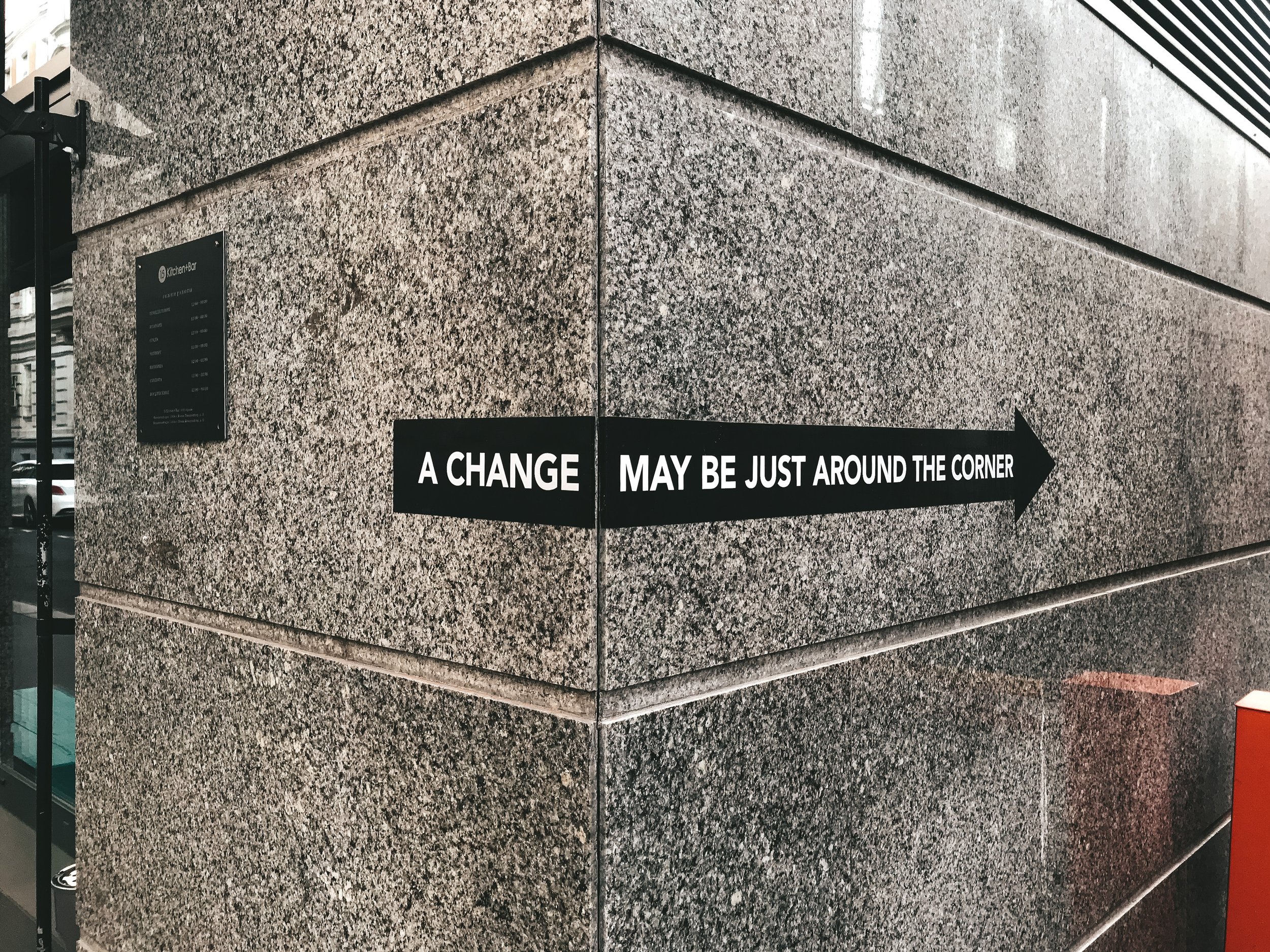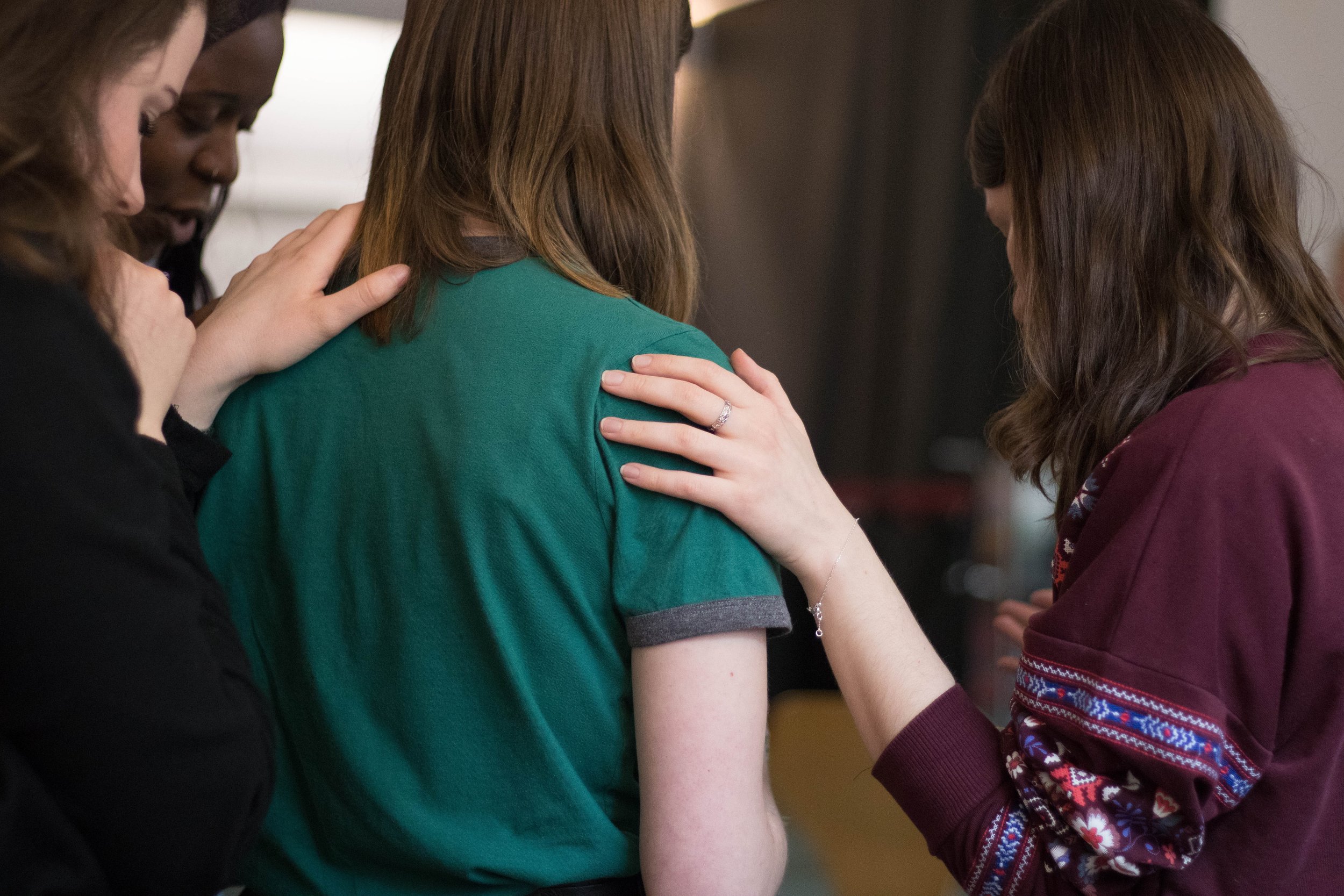Stress

As therapists, an important part of what we provide to our clients is coaching and education on coping skills. This term is used a lot to describe a growing set of cognitive, behavioral, and/or emotional tools that allow for mood management and overall increasing quality of life by building new habits and responses to one’s environment. When people hear the term coping skills they may envision someone taking slow deep breaths or going for a walk outside. These are examples of fantastic skills to use and regularly help many people. However, some people, including some of those who seek therapeutic services, can perceive the idea of coping skills as a waste of time or “not real therapy”. These are sometimes folks who struggle with buying into their own influence over their daily lives or simply struggle profoundly with motivation. No matter what the reason, if one sees new and effective ways of coping with daily life stressors as valuable, then this can make treatment very difficult.

Body neutrality is a movement and approach to redefine our values and standards of ourselves, shed the pressures of societal beauty standards, and love ourselves in an entirely new way, not on appearance, but function. We can learn more about ourselves and focus on acceptance of ourselves, without an inherent focus on our bodies. Below are a few ways to move toward a body neutrality stance toward ourselves:

Negative, unhealthy, and intrusive thoughts are usually automatic, but they don’t have to take control of your daily life. With some tips, you can learn to tolerate that inner critic.

How do you learn something like riding a bike? Most likely someone gave you lessons and then you practiced. You can learn to study the same way. No one is born already knowing how to study. Learning, and then practicing those skills can build your studying capabilities.

As a society, there are often conversations that occur about the breakups and endings of romantic relationships; however, it seems that there are very little conversations about the ending or “breakup” of friendships. In a romantic relationship there is typically a conversation and formal ending, which provides some sort of closure and explanation. Whereas friendship “breakups” don’t always have the same sentiment, phone calls and texts become fewer and further between, and soon the only updates you really know about their lives are on social media. These friendship “breakups” cause unanswered questions along with some confusion as to how to grieve this ending. Society and pop culture display the grieving of a romantic relationship ending, but the friendship breakups seem to be less displayed or discussed. On the flip side, due to the lack of conversation about friendship breakups, it can cause individuals to feel an obligation to maintain friendships in life that no longer serve any positive purpose. The friendship can continue to go on, despite feelings of being hurt, because “breaking up” with a friend can be seem unorthodox.

Taking the time to check in with yourself is a very important routine to establish. Oftentimes, these check ins are completed for physical health; between routine doctor and dentist visits, recognizing when an illness or aches and pains begin. When a headache or fever begins, most will take medication to assist in feeling better. While it is important to pay attention to your physical health, it is also important to focus on your mental well-being. Sometimes you may be experiencing stress, sadness, or anger without either realizing it or taking the time to take care of yourself in those moments.

The holidays can be a stressful time for many people. There is much to coordinate from who is hosting, to navigating the many homes you may have to visit across family members. You may experience stress around the finances of buying gifts, worry around seeing people you may not like, or concern about that one family member that says a lot of controversial or offensive things. Stress may also arise when seeing your parents especially if you don’t have the best relationship with them. The holidays can be filled with a lot of anxiety, depression, and stress. For those struggling with eating disorders the holidays also bring up a lot of stress around food and eating. The holidays can also serve as a trigger if you struggle with an eating disorder or emotional eating. There may be a lot of fear foods for you, not a lot of support or escape and worry to stick to a meal plan or therapy goals. In a time of the year with a lot of gatherings, seeing people, and body conscious meals here are some strategies for planning ahead this holiday season:

Halloween is around the corner, and some of us willingly put ourselves through fear and suspense. Pounding heartbeat, heavy breathing, having a cold sweat, butterflies in your stomach; these don’t sound like a fun experience, but we endure them when we feel fear. So why do you think so many people like to feel scared?

Depression is ubiquitous, and unfortunately, a loved one in our life may struggle. When someone we love is having a difficult time, all we want to do is help, but many ask how? You can let them know you have noticed the change and express empathy.

Taking on a challenging work project, school paper, workday, or studying can feel overwhelming, so much so that it sometimes causes you to push through without stopping until the task is complete. While in this process, taking the time to pause can bring feelings of guilt. Often, having this mindset can make the thought of taking a break as being “lazy” or “unproductive.” However, taking a break is the opposite of this, as there are many benefits that you will experience from doing so. Adapting the mindset of viewing breaks as a productive way to better help complete your tasks is essential.